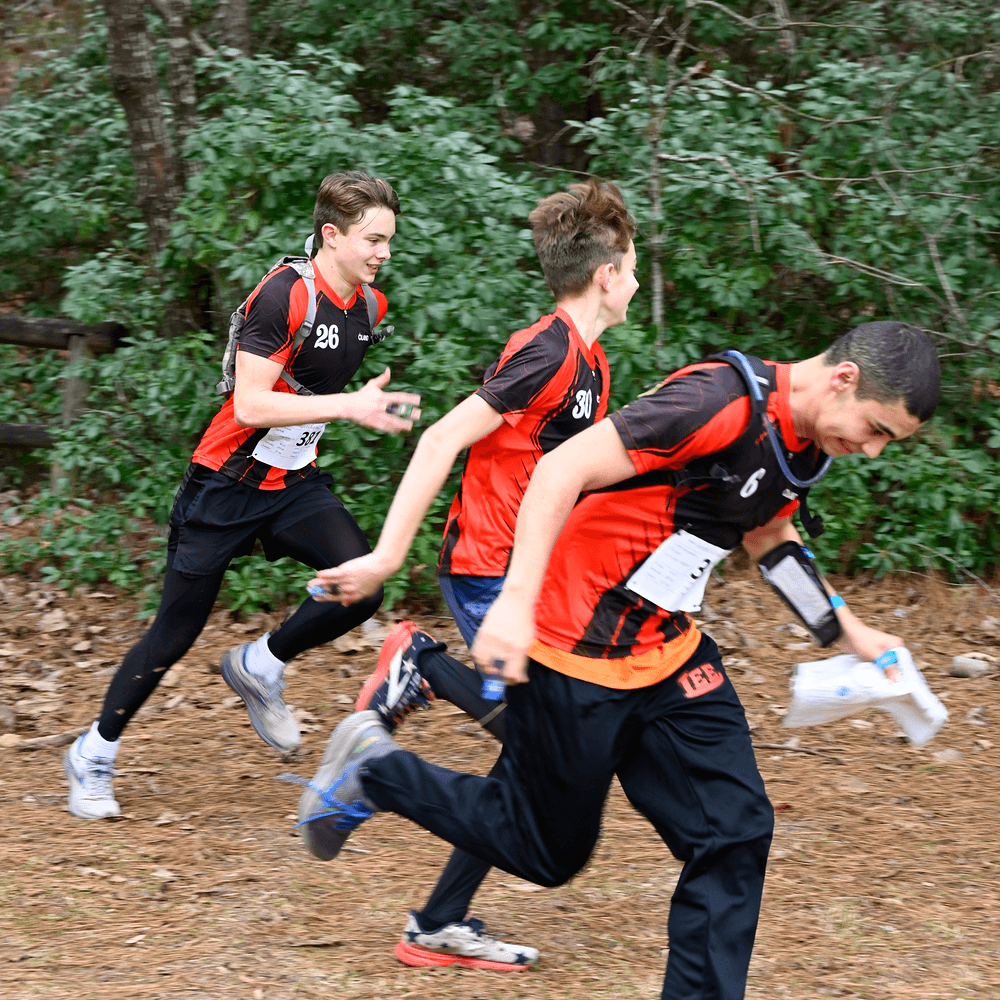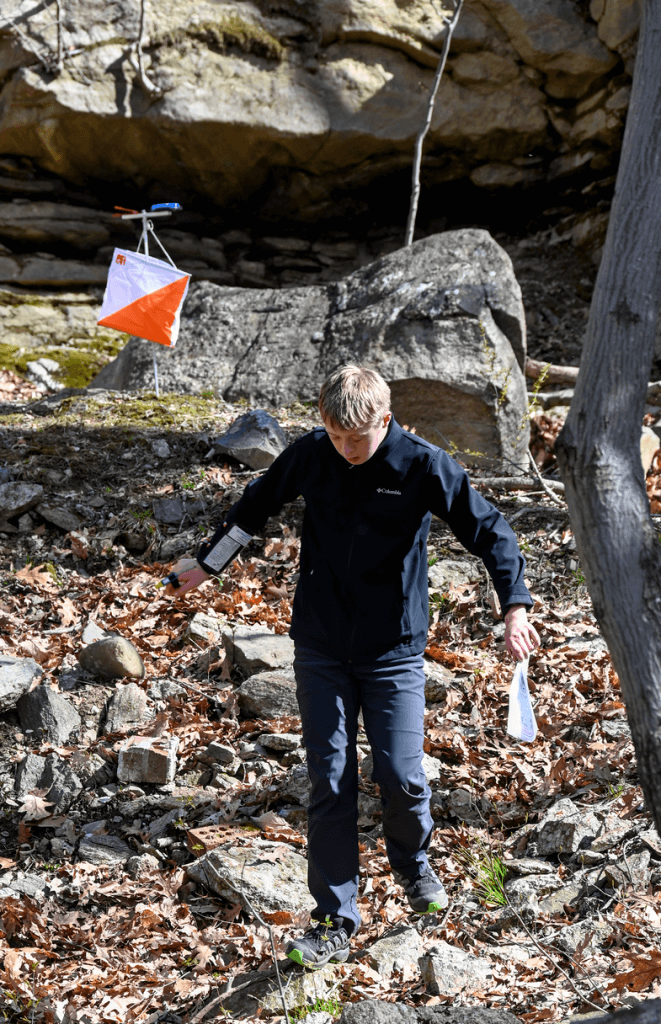On Open Classes, Competition, and Inclusion
Have you ever wondered what was up with the Open classes at a competition? After all, we have plenty of age group classes, why would we need to have Open classes as well?
For starters, it’s a requirement per the Orienteering USA Rules of Competition unless an event is sanctioned as a restricted event. According to section A.11.1.2, Open Classes are:
- Competitive White, Yellow, Orange, Brown, Green, and Red courses
- Open to competitors of any age, and therefore ‘age-appropriate’ for everyone
For M/F-Yellow and above, Open courses are:
- Classified by gender (F for female competitors; M has no gender restriction)
- Ranked in the OUSA rankings (F.1.1b)
Open classes are not:
- Championship classes. Competitors are not eligible for OUSA Championship medals (A.11.2.3).
- Recreational classes. Competitors pay the same event fees as those in championship classes, and organizers pay NRE sanctioning fees for Open Class starts.
Why does this matter? As with other sports that offer Open categories, it’s important to be inclusive. Here are some examples of people who might consider an Open category their competitive class on either a short- or long-term basis:

- A new orienteer who wants to travel to a competition on their own or with their team and compete at the level they are ready for
- An orienteer with cognitive or socio-emotional differences who can independently complete a shorter and/or less technical course
- An orienteer in the advanced stages of pregnancy who would prefer a shorter advanced course
- An orienteer coming back from injury or illness who wants to test themselves at a shorter distance (Long COVID, anyone?)
- Someone who prefers a less technical or shorter course than that of their championship age class
These are all people who see themselves as competitive orienteers for whom a championship class is not appropriate. If we exclude or minimize those who seek to participate in Open categories, it can sound like we are saying that these people are not part of our competitive community, that they are not “good enough.” One part of Orienteering USA’s mission is to promote the sport of orienteering, and the Open classes are an important part of achieving that.
On a personal note, this has meaning to me because my son’s independent competitive course is an open course. Seeing his sense of accomplishment when he completes a course, even when he is the last to finish, has been a high point in his development towards adulthood. He may not win any age-group championships, but the opportunity to compete just like his friends and family is of incalculable value.
I hope you’ll think of this and other such examples the next time someone says “oh, it’s just the open course.” It is, and it’s open to everyone.
See you in the woods!
Tori Campbell
OUSA VP Youth Development

